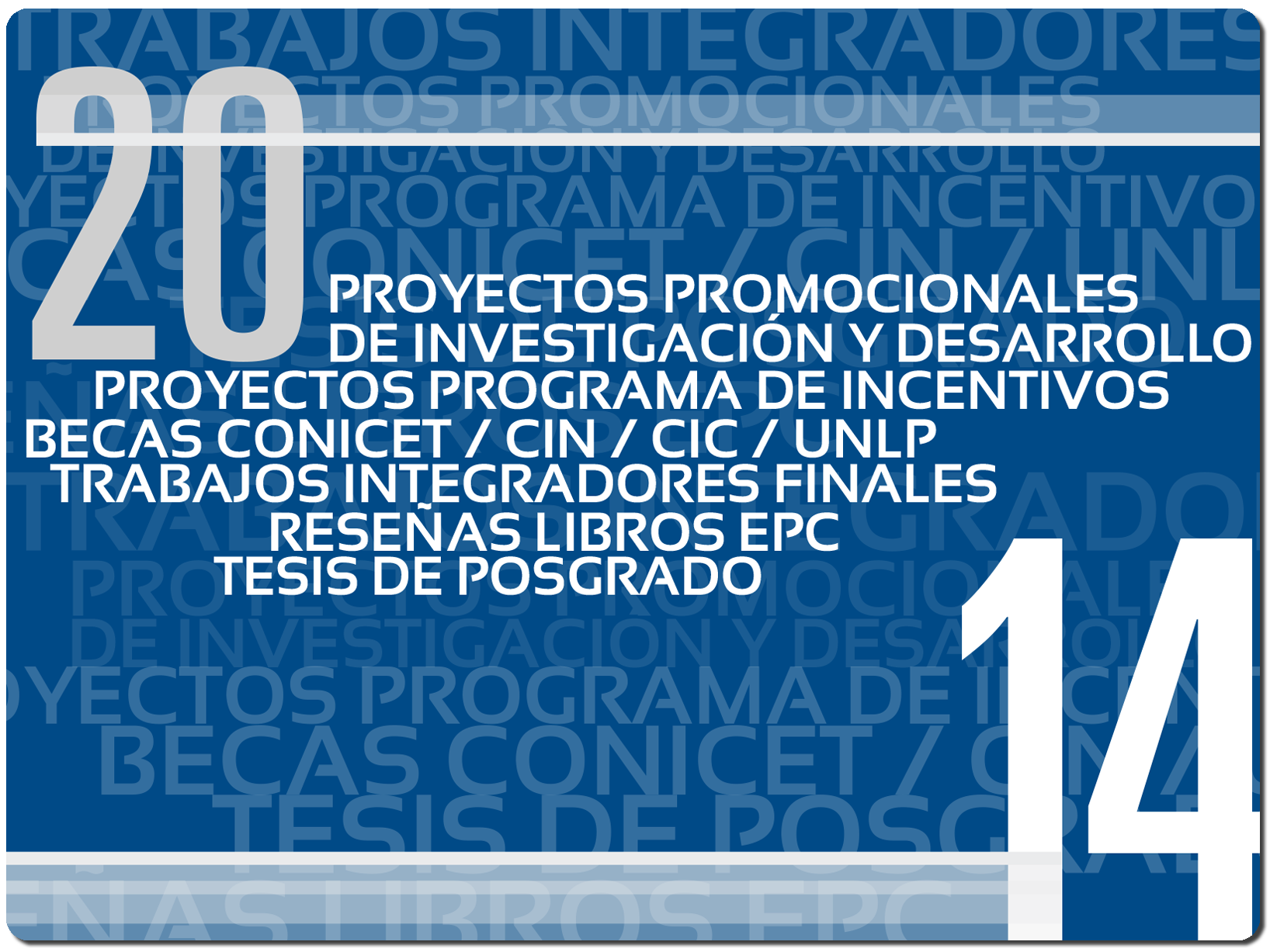Tiempo estético, tiempo político: Lucrecia Martel. Cine y Cultura
Palabras clave:
cine, lenguaje, representación, autora, estético/comunicacionalResumen
El presente trabajo recupera las conclusiones desarrolladas en la Tesis Doctoral titulada “Lucrecia Martel: Cine y Cultura”. A partir de dos ejes, se propone por un lado, un análisis crítico de las problemáticas emergentes en el lenguaje del cine, relacionadas con las representaciones de la memoria histórico-cultural, los procesos socio políticos, los imaginarios y las sensibilidades sociales. Por el otro, se recupera la pregunta en torno al mundo cinematográfico que construye la cineasta dentro del contexto comunicacional actual, y reflexiona sobre la implicancia que tiene en el proceso de conocimiento e identidad a través de los medios artístico – comunicativos.
Descargas
Descargas
Publicado
Cómo citar
Número
Sección
Licencia
La aceptación de un original por parte de la revista implica la cesión no exclusiva de los derechos patrimoniales de los autores en favor del editor, quien permite la reutilización, luego de su edición (postprint), bajo una Licencia Creative Commons Atribución-NoComercial-CompartirIgual 4.0 Internacional (CC BY-NC-SA 4.0).
Acorde a estos términos, el material se puede compartir (copiar y redistribuir en cualquier medio o formato) y adaptar (remezclar, transformar y crear a partir del material otra obra), siempre que a) se cite la autoría y la fuente original de su publicación (revista y URL de la obra), b) no se use para fines comerciales y c) se mantengan los mismos términos de la licencia.
La cesión de derechos no exclusivos implica que luego de su edición (postprint) en Anuario de investigaciones los autores pueden publicar su trabajo en cualquier idioma, medio y formato; en tales casos, se solicita que se consigne que el material fue publicado originalmente en esta revista.
Tal cesión supone, también, la autorización de los autores para que el trabajo sea cosechado por SEDICI, el repositorio institucional de la Universidad Nacional de La Plata, y sea difundido en las bases de datos que el equipo editorial considere adecuadas para incrementar la visibilidad de la publicación y de sus autores.
Asimismo, la revista incentiva a los autores para que luego de su publicación en Anuario de investigaciones depositen sus producciones en otros repositorios institucionales y temáticos, bajo el principio de que ofrecer a la sociedad la producción científica y académica sin restricciones contribuye a un mayor intercambio del conocimiento global.
















